
Your Body Hates the Time Change. Here's the Fix.
Feeling sluggish and off after the Daylight Savings time change? It's not in your head. Your body's ancient rhythms are clashing with the modern world. Discover the simple, biological fix to stop the slump and unlock your energy this season.
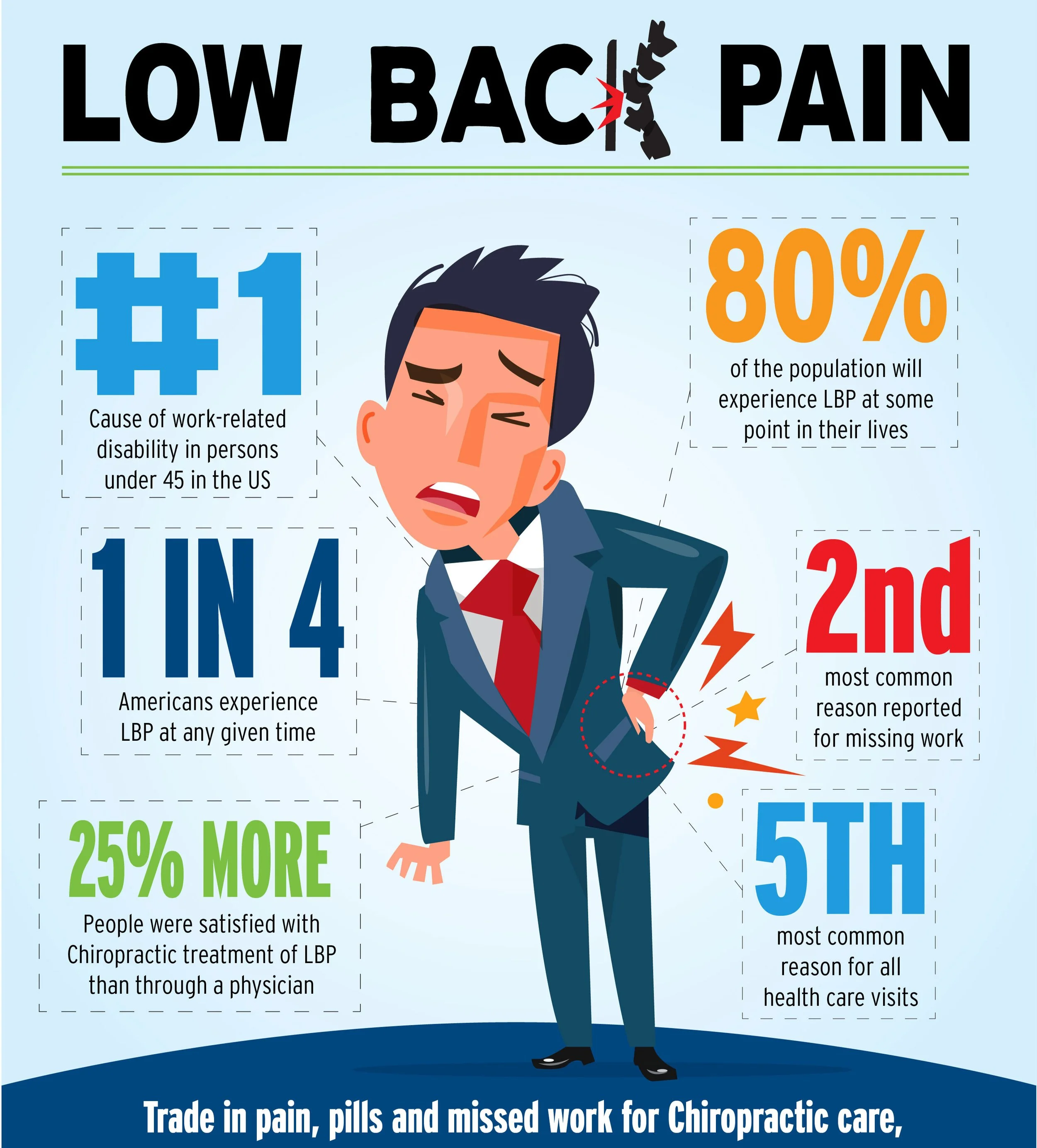
Low Back Pain Relief St. Louis | Non-Surgical Treatment Brentwood
Feeling sidelined by back pain or a disc herniation? Landmark research shows most improve without surgery as the body naturally reabsorbs the disc material. At The RANGE in Brentwood, MO, we help you tend your body’s ecosystem, your movement garden, through co-creative, personalized rehab. You don’t need a quick fix; you need a guide to help you decode your body’s language and reclaim your story. Discover the power of cultivating your movement.

Taylor Swift Knows The Secret Surgeons Won’t Tell You About Herniated Discs
Discover the surprising truth: most lumbar disc herniations heal without surgery through natural reabsorption. Learn how conservative care in St. Louis and Brentwood, MO offers evidence-based relief for long-term back health.

Why Your Back Still Hurts: A Guide to Lasting Relief
Frustrated that your St. Louis back pain treatment isn't working? Brentwood chiropractor Dr. Josh Wideman, DC, MS, explains why conventional advice often fails and reveals The RANGE's unique, movement-based approach to decoding your body's language and putting you back in your story. Let's figure it out together.

Controlled Articular Rotations (CARs)
Controlled Articular Rotations (CARs) are a valuable exercise for maintaining joint health, improving range of motion, enhancing proprioception and neuromuscular control, promoting mobility and flexibility, preventing injuries, aiding in rehabilitation, enhancing performance, and fostering mindfulness. The benefits of CARs are supported by evidence, making them a crucial addition to both fitness and rehabilitation routines.

Stop Wasting Weeks: Your St. Louis Health Opportunity Cost
Your health choices today decide if you'll hike Castlewood at 65 or sit in a waiting room. St. Louis, your 4,680 weeks are counting down, invest wisely.
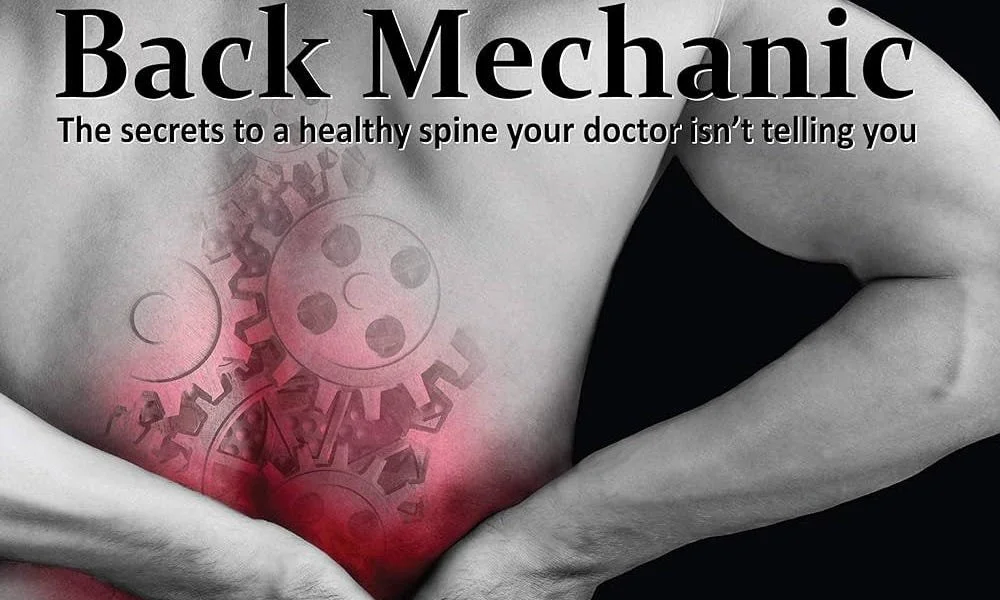
Everything You’ve Heard About Back Pain in St. Louis is Wrong
St. Louis and Brentwood back pain sufferers: Ditch dangerous myths! MRI scans rarely predict pain, and bed rest weakens your back. Science proves movement, stress management, and resilience-building are key. Learn actionable strategies for MO back pain relief—plus how to find trusted St. Louis/Brentwood physical therapists who prioritize evidence-based care.
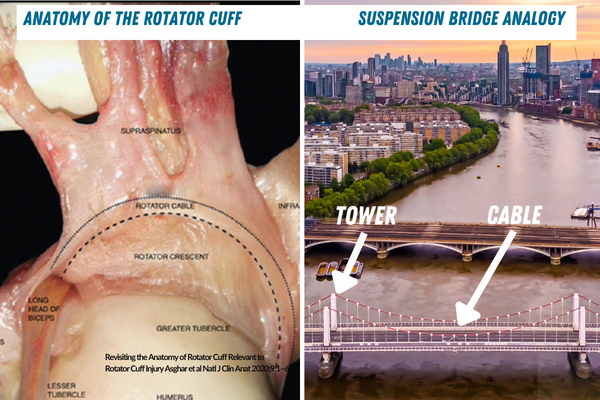
Your Rotator Cuff Tear Isn't What You Think, St. Louis, MO
St. Louis & Brentwood Rotator Cuff Tear? Surgery Isn't Always Needed. Discover why many tears are like holes in a blanket - not broken ropes. Learn why scans alone don't tell the whole story and how St. Louis/Brentwood targeted exercise programs often provide relief without surgery. Get empowered with facts for your St. Louis shoulder health journey.

The Untold Story Behind Rory’s Green Jacket & Your Comeback
The article explores the challenging journey of comebacks in sports and personal rehabilitation, using Rory McIlroy's pursuit of a Major as a metaphor for resilience, perseverance, patience, grit, a growth mindset, adaptability, and the unseen hard work that leads to success. It highlights how both athletes and individuals recovering from injuries face similar struggles and pressures, emphasizing the importance of persistence, focus, and the daily grind required to overcome setbacks. Ultimately, it conveys that victories are earned through relentless effort, often in obscurity, and encourages readers to keep pushing through their own challenges.

Circadian Mismatch: When Your Body's Timing Goes Haywire
Circadian disruption, akin to chaos in Amazon's shipping operations, can wreak havoc on our body's internal timing. This misalignment, often caused by excessive exposure to artificial blue light, particularly at night, has been linked to numerous health issues. Research indicates that circadian mismatch can increase the risk of cancer, Type II diabetes, and neurodegenerative diseases like Alzheimer's and Parkinson's. The body's internal clock, entrained by natural sunlight, can experience "circadian drift" when deprived of proper light cues, leading to molecular chaos and inflammation. Notably, obesity has been directly associated with brain inflammation, exacerbated by indoor living and constant artificial light exposure. To mitigate these risks, it's crucial to prioritize natural light exposure, especially in the morning, and limit artificial blue light in the evening.

Achieve New Year Goals: Focus on Systems, Not Resolutions
Why traditional New Year's resolutions often fail and how to better approach the new year. By focusing on systems instead of goals, leveraging dopamine wisely, embracing discomfort, and celebrating small wins, you can build habits that foster long-term success and personal growth.

Exercise Snacks Can Transform Your Health
Exercise snacks present an effective and sustainable way to tackle the obstacles often associated with beginning or sustaining an active lifestyle. Instead of committing to lengthy workouts that can feel daunting, consider engaging in small, manageable bursts of physical activity throughout your day. These brief moments of movement can significantly enhance your overall health and well-being without the pressure of a rigorous exercise regimen.
Whether you're in the process of rehabilitating an injury or striving to cultivate a lifelong fitness habit, it’s important to remember that every small effort contributes to larger transformations over time. Embrace the concept of exercise snacks, and gradually incorporate them into your daily routine. Your body will appreciate and benefit from these nourishing moments of activity, leading to lasting positive changes in your physical health and vitality.

Tightness: An Early Indicator of Connective Tissue Changes
Tightness is an early warning signal for potential changes in connective tissue architecture. This article emphasizes recognizing tightness and closing-angle joint pain as critical indicators for immediate intervention, enabling practitioners to prevent injuries and optimize athletic performance through targeted assessments and training.

The Language of Movement Expand Your Movement Vocabulary
Your movement vocabulary—how you sit, stand, and move—reflects your physical habits. Expanding this vocabulary through nuanced, varied movements helps prevent strain and fosters better regulation of energy and emotions. Awareness and comfort are key to adding new movement patterns that feel good and stick with you. Small, consistent changes in daily habits can unlock greater adaptability, resilience, and a fuller expression of body, mind, and spirit.

Myths of Low Back Pain (LBP) and Evidence-Based Realities
Low back pain is everywhere on social media—but much of what’s shared is a far cry from best practices. Platforms like X, TikTok, and Instagram thrive on the hype of mechanical “fix-it” approaches, leaving little room for evidence-informed, person-centered care.

Time Change: How to Guide
The end of daylight saving time can disrupt our body’s natural rhythms, leading to various health issues such as increased heart attacks, sleep problems, mood changes, and more car crashes. To mitigate these effects, experts suggest strategies for a smoother transition, including getting sunlight in the morning and afternoon, reducing nighttime light exposure, sticking to a consistent sleep schedule, and timing meals and exercise properly. By following these tips, individuals can better adjust to the time change and promote better overall health and well-being.

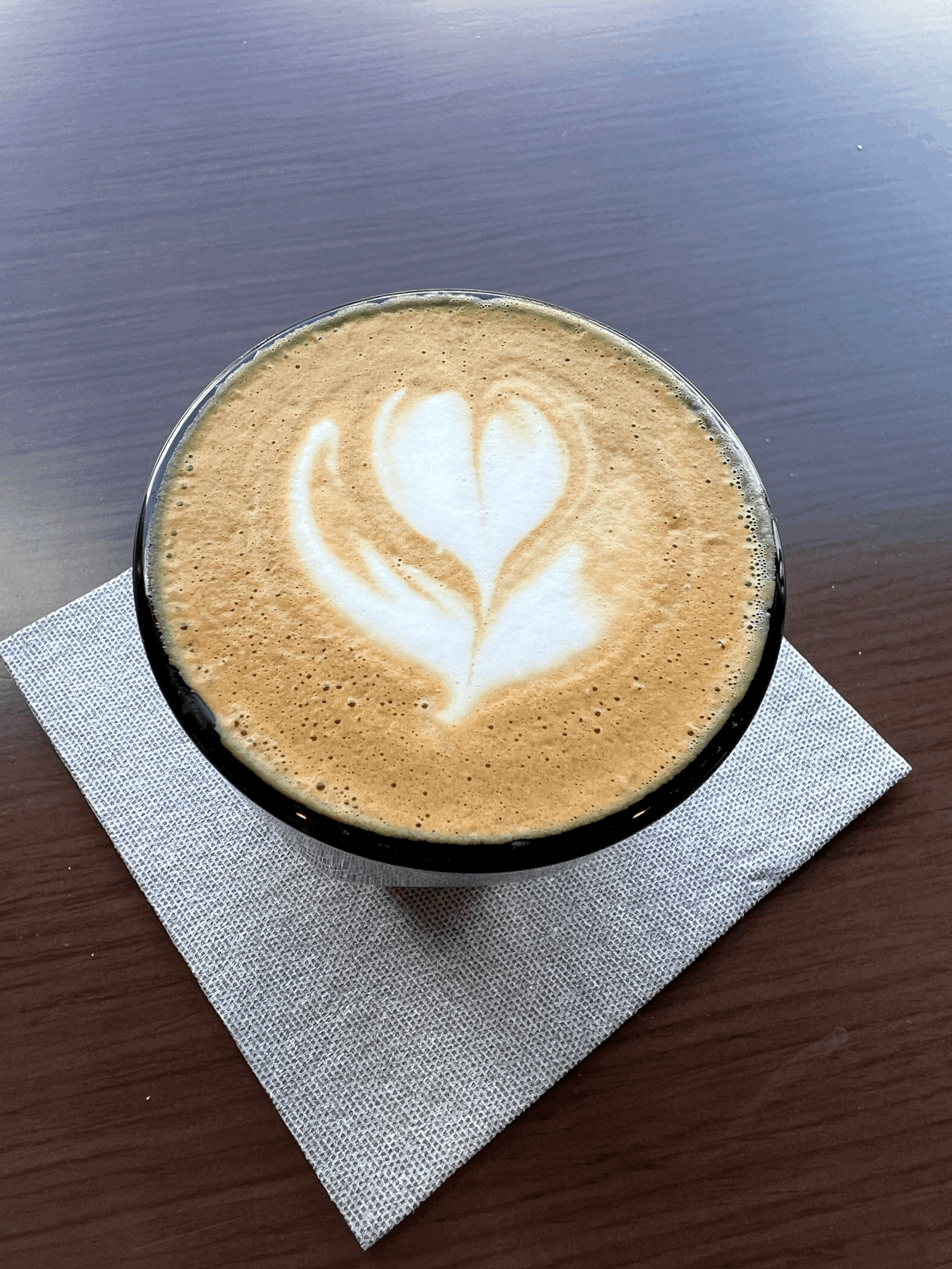
Shifting Perspectives:
Key Points:
Insurance-Based Model: This model often requires referrals from primary care physicians, which can lead to fragmented care. Patients may face hidden costs such as copayments and deductibles, limiting the number of covered visits. Therapists are constrained by the specifics of referrals, potentially neglecting other health concerns.
Cash-Based Model: In contrast, cash-based rehabilitation allows patients to pay directly for services without needing a referral. This model promotes a more holistic approach, enabling therapists to address multiple health issues simultaneously. Although it requires upfront payment, it often proves more cost-effective in the long run by avoiding hidden fees and unnecessary treatments.
Quality of Care: Cash-based practices generally offer higher quality care due to the direct relationship between patient and therapist. Therapists can customize treatment plans based on individual needs, leading to better outcomes and faster recovery times.
Administrative Efficiency: Cash-based therapy reduces administrative burdens associated with insurance claims, allowing therapists to focus more on patient care rather than paperwork.
Patient Satisfaction: The flexibility and personalized attention in cash-based practices often result in greater patient satisfaction compared to the limitations imposed by insurance-based models.
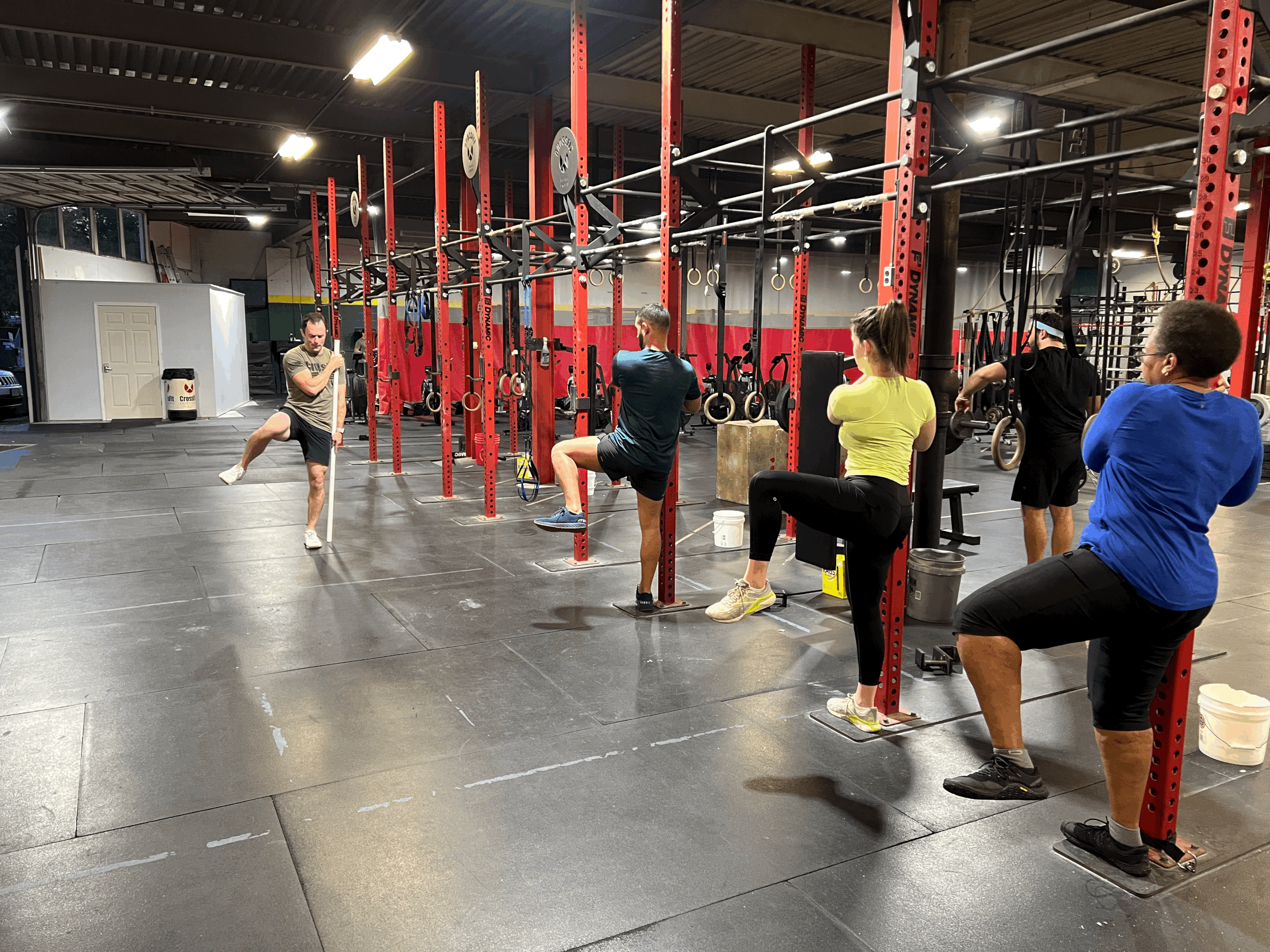
Why Controlled Articular Rotations (CARs)???
Controlled articular rotations offer many benefits, from joint health and injury prevention to enhanced performance and rehabilitation. Incorporating CARs into regular fitness or rehabilitation routines can significantly contribute to overall joint function and mobility, supporting long-term musculoskeletal health.

Controlled Articular Rotations (CARs) As a Daily Practice
Patience is essential to improve joint mobility and overall movement, as meaningful change takes time. Many people underestimate the time required to see real progress, often becoming frustrated or giving up before the body can adapt. This is particularly true regarding connective tissue changes, such as improving range of motion, which occur gradually through consistent practice. There is no quick fix or instant gratification in this process—connective tissue adapts slowly, and the nervous system requires repeated exposure to movements to recalibrate its limits. Without spending enough time on these efforts, the desired improvements will remain out of reach.
